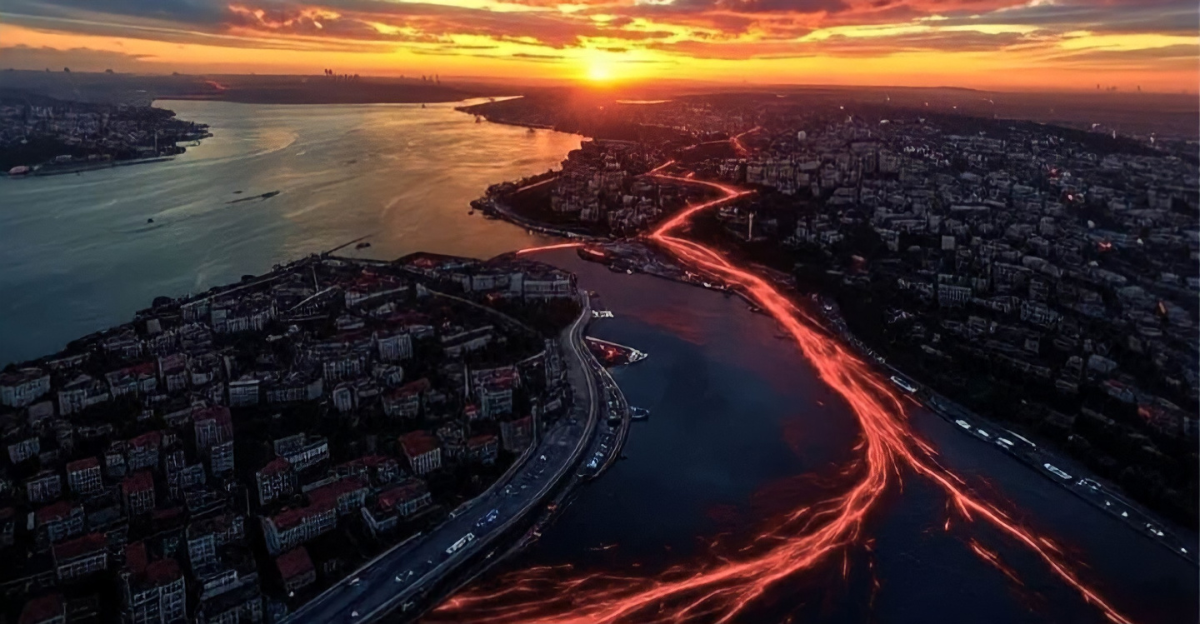
In late April 2025, Europe faced two significant events: a massive blackout across the Iberian Peninsula and an unusual surge of 66 earthquakes in a week. The blackout, affecting Spain and Portugal, disrupted millions’ transportation, communications, and daily life. Simultaneously, seismic activity across Europe raised concerns about potential underlying causes. While these events occurred concurrently, experts caution against drawing direct connections without a thorough investigation.
The blackout’s cause remains under scrutiny, with initial reports suggesting issues related to energy infrastructure and grid stability. The surge in earthquakes, though notable, falls within the range of natural seismic variability. Understanding these events requires a comprehensive analysis of Europe’s energy systems and geological activity.
The Iberian Blackout: A Closer Look

On April 28, 2025, a widespread power outage struck Spain and Portugal, leaving millions without electricity for up to ten hours. The blackout disrupted essential services, including transportation and telecommunications. Spain’s grid operator, Red Eléctrica (REE), reported that the incident was triggered by two abrupt disconnections of power generation in southwestern Spain.
These disconnections led to a significant imbalance between electricity supply and demand, causing automatic shutdowns to protect the grid. While some speculated that renewable energy sources were to blame, officials emphasized the need for a thorough investigation before attributing the cause.
Renewable Energy and Grid Stability
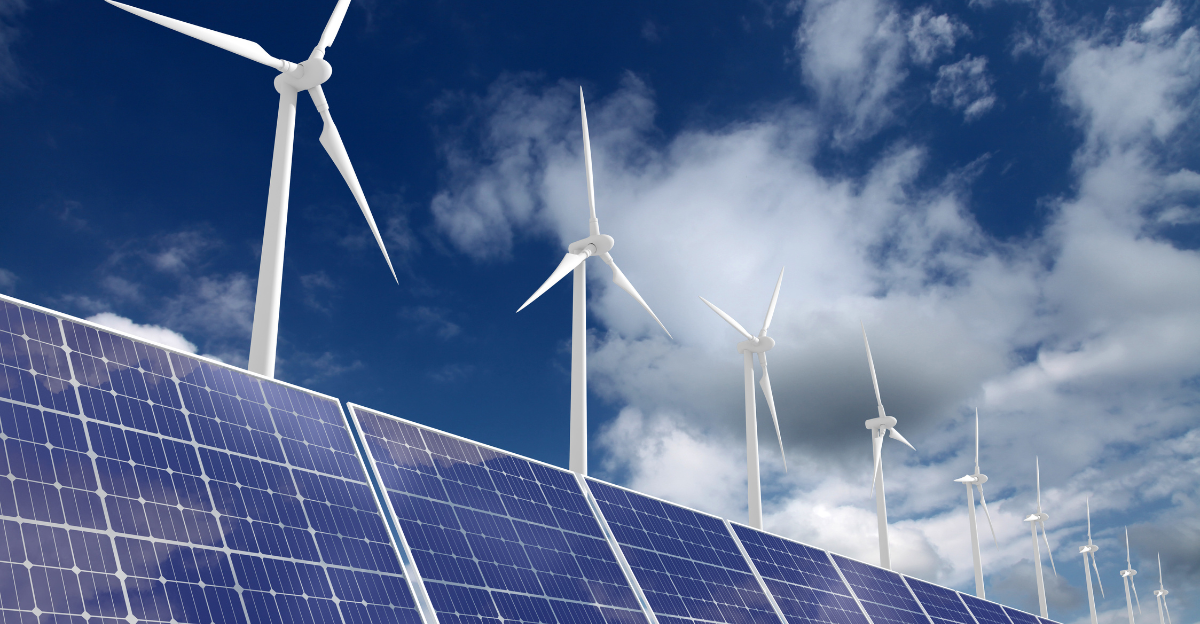
Spain and Portugal have made significant strides in adopting renewable energy, with renewables accounting for over half of their electricity generation. However, integrating intermittent sources like wind and solar presents challenges for grid stability.
Unlike traditional power plants, renewables lack the mechanical inertia that helps maintain grid frequency, making the grid more susceptible to disturbances. Enhancing energy storage solutions and grid infrastructure is essential to accommodate the growing share of renewables while ensuring reliability.
Earthquake Activity Across Europe
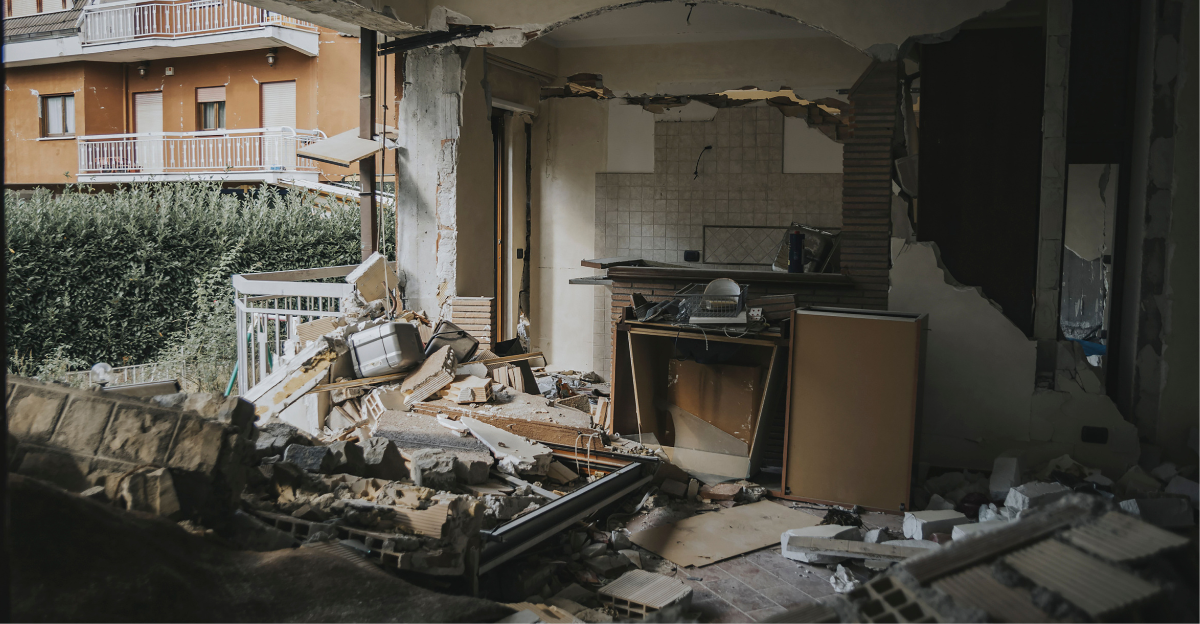
In the same week as the blackout, Europe experienced an uptick in seismic activity, recording 66 earthquakes. These events were distributed across various regions, including Greece, Italy, and the North Atlantic. Most earthquakes were of moderate magnitude and did not result in significant damage.
Seismologists note that while the number is higher than average, it falls within the expected range of natural variability. Continuous monitoring and research are essential to understand and prepare for European seismic risks.
Investigating Potential Links
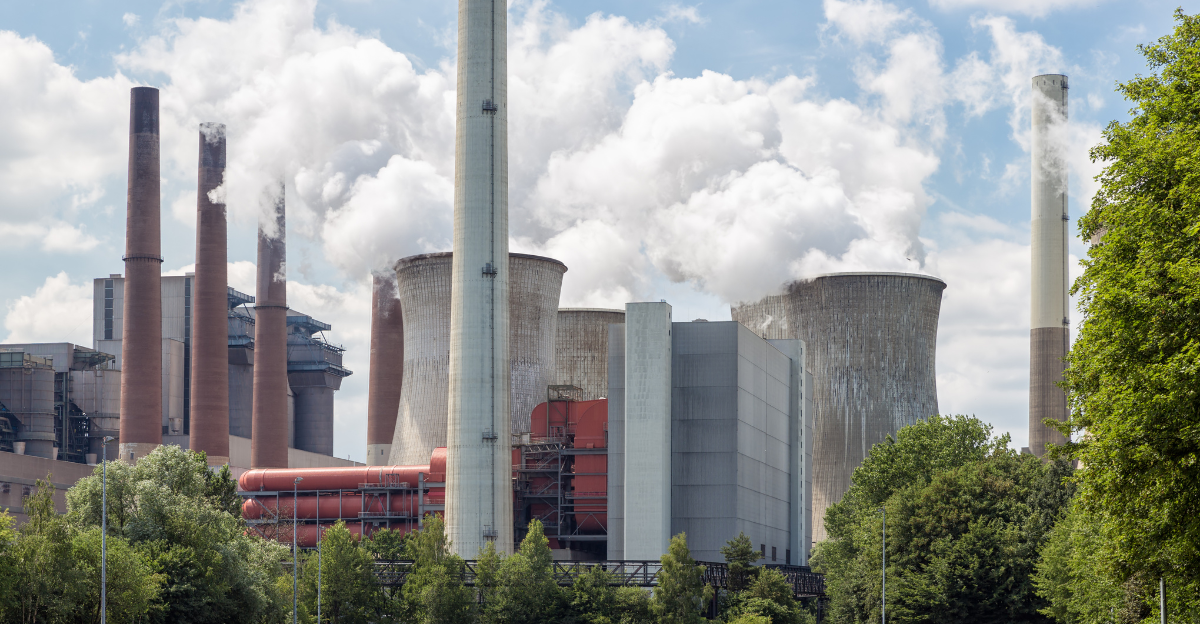
The simultaneous occurrence of the blackout and increased seismic activity has led to speculation about potential connections. Some theories suggest seismic events could impact underground infrastructure, potentially affecting power systems.
However, experts emphasize that no concrete evidence links the two events. Comprehensive investigations are ongoing to determine the causes and assess possible interactions between geological activity and energy infrastructure.
Infrastructure Vulnerabilities

Europe’s energy infrastructure faces challenges due to aging components and the rapid integration of renewable energy sources. Many power lines and substations are decades old, and the grid’s capacity to handle fluctuations in supply and demand is limited.
The recent blackout highlights the need for significant investments in modernizing the grid, enhancing interconnectivity between countries, and implementing advanced energy storage solutions to improve resilience.
The Role of Energy Policy

Energy policies play a crucial role in shaping the resilience of power systems. Balancing the transition to renewable energy with the need for grid stability requires careful planning and investment.
Policymakers must consider the technical challenges of integrating renewables and prioritize the development of infrastructure that can accommodate these sources without compromising reliability. The recent events underscore the importance of proactive energy planning and cross-border collaboration.
Public Response and Communication
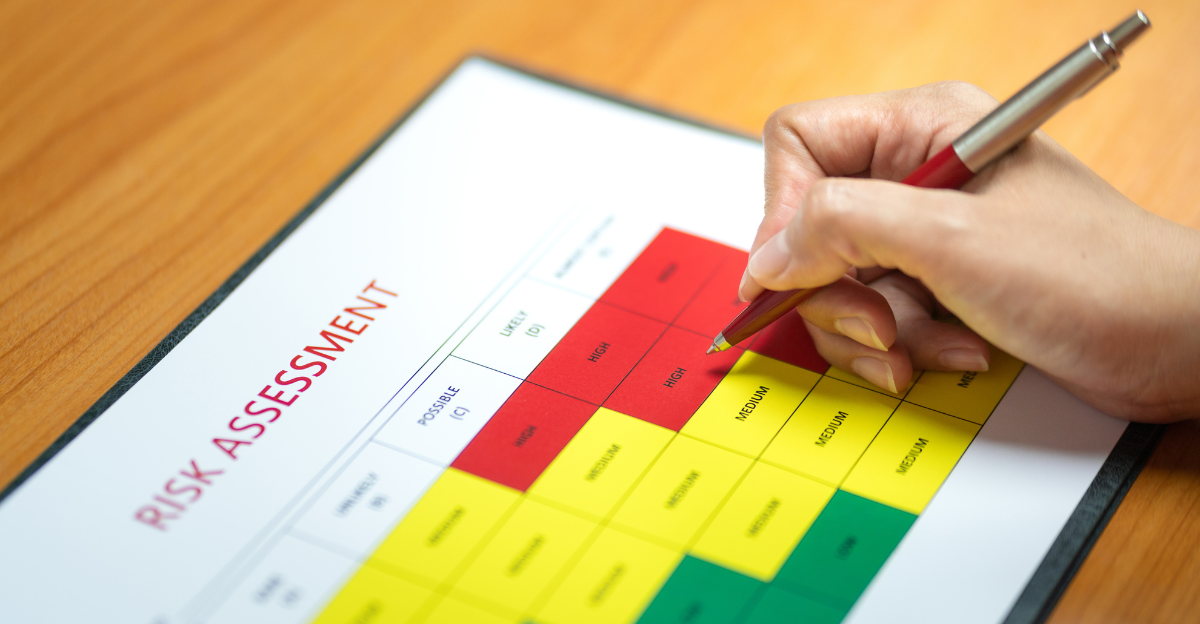
The blackout and seismic events have sparked public concern and discussions about energy security and disaster preparedness. Transparent communication from authorities and energy providers is essential to maintain public trust.
Providing timely information about the causes of such events and the measures to prevent future occurrences helps alleviate anxiety and fosters a collaborative approach to resilience.
Lessons Learned

The convergence of the blackout and increased seismic activity reminds us of the interconnectedness of infrastructure systems and the importance of comprehensive risk assessments.
Investing in robust energy infrastructure, enhancing monitoring capabilities, and fostering international cooperation are key steps in mitigating the impact of such events. Learning from these incidents can guide future strategies to enhance Europe’s resilience to both natural and technological disruptions.
Moving Forward
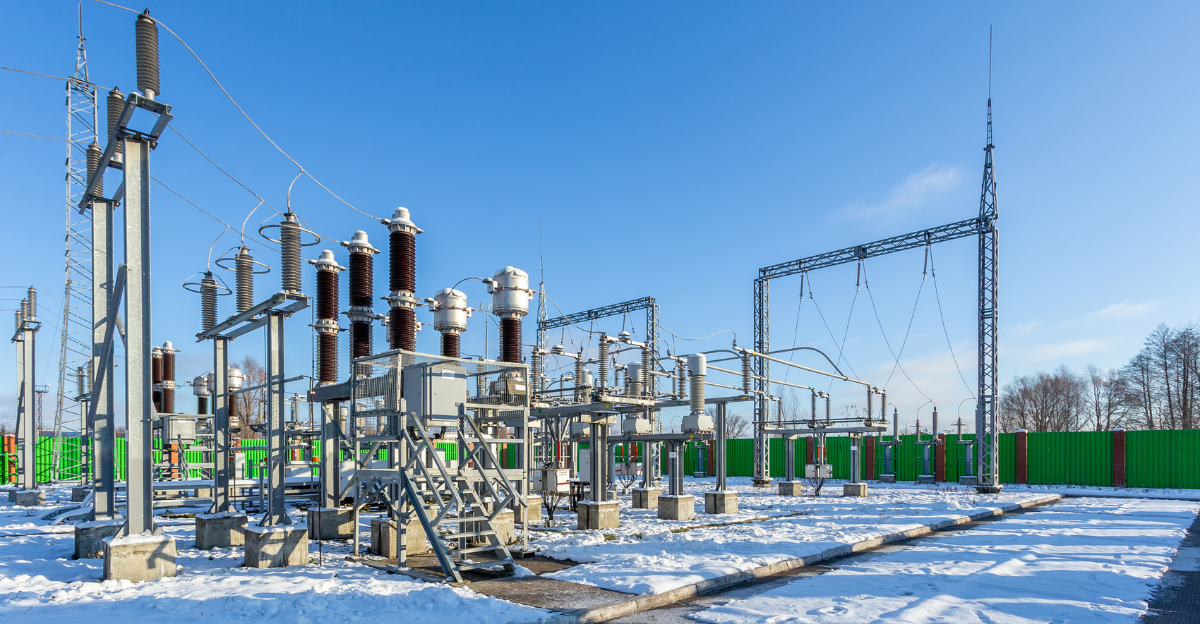
As investigations continue, it is crucial to approach conclusions and rely on evidence-based analyses cautiously. Strengthening Europe’s energy infrastructure, improving seismic monitoring, and fostering collaboration among countries will be vital in addressing the challenges highlighted by the recent events.
By integrating lessons learned and prioritizing resilience, Europe can better prepare for and respond to future disruptions, ensuring the stability and security of its essential systems.
Sources:
What Caused the European Power Outage?
EU’s Ribera urges against hasty conclusions on Iberia blackout
2025 Iberian Peninsula blackout
I told ministers blackouts were coming — here’s the plan they ignored
EU power grid needs trillion-dollar upgrade to avert Spain-style blackouts







